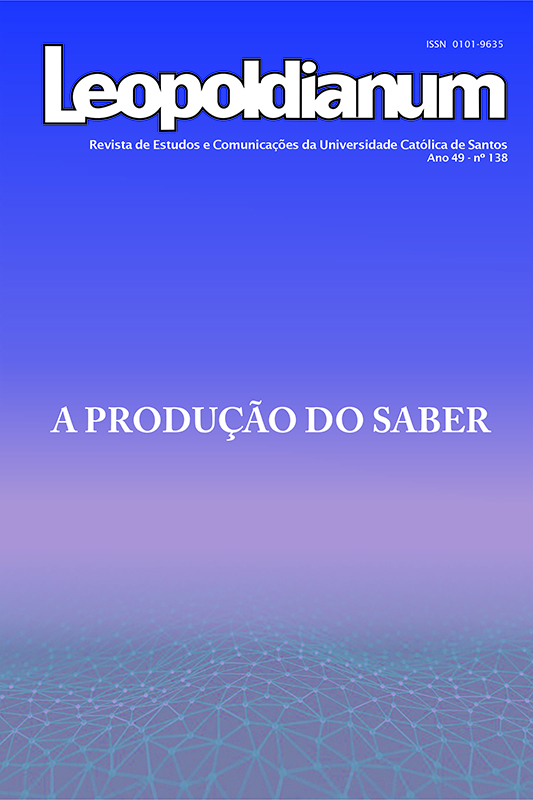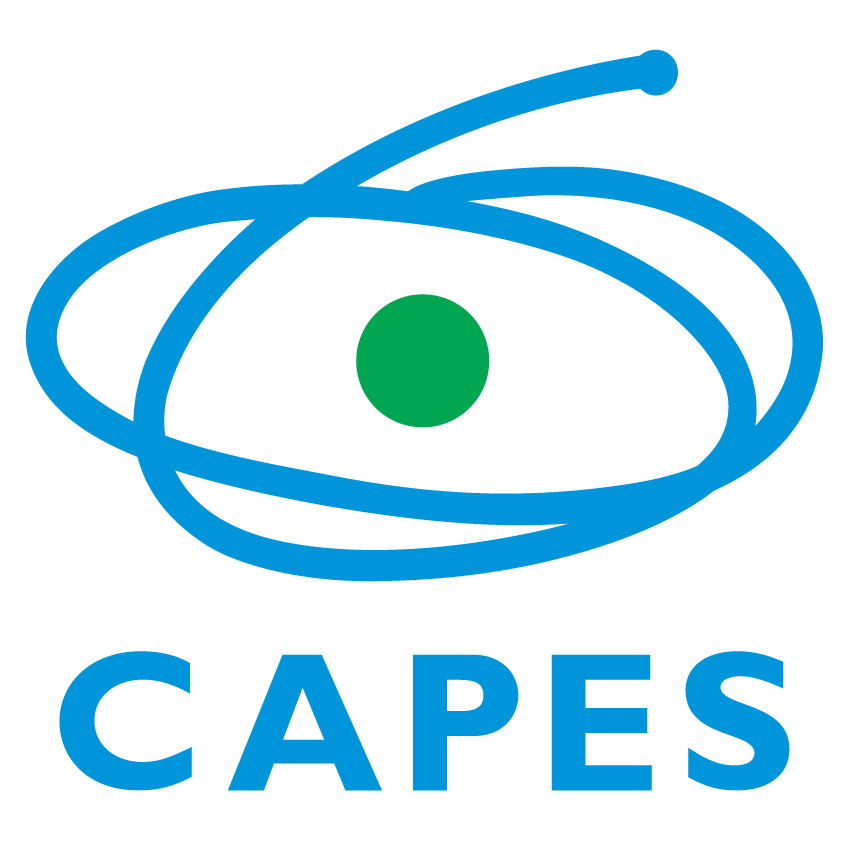INTERNET, SOCIAL MEDIA AND ONLINE LEARNING. AN ANALYSIS FROM THE DIFFERENT IMPACTS ON A TEENAGER DURING THE PANDEMIC PERIOD: A REVIEW STUDY
DOI:
https://doi.org/10.58422/releo2023.e1425Abstract
The objective of this article was to verify and analyze the panorama of recent publications, specifically in the period between March and November 2020, from the duration of the pandemic, on the use of technologies in education and impact on adolescent behavior. The method was a Bibliographic Review Study with the objective of mapping and analyzing the literary-scientific production in the period from March to November 2020, composed of three phases: study of the panorama, refinement and analysis of trends and presentation and discussion of content. The results obtained were: the first phase identified the frequency in the use of the descriptors: Internet, Social Media, Teaching, Online Teaching in the Pandemic, Hybrid Teaching in the Pandemic, Connectivity and Teaching and a wide variability of topics addressed, The second phase highlighted categorical trends: use of technologies in learning processes, technology in relationships and technologies in behavior. Eight studies were included for the analysis and presentation of the contents. From the results raised in this review, it was concluded that, although the learning process was maintained in the period, based on active teaching methodologies and with the role of teacher centrality, there were significant impacts on student learning and performance. Trends present in active teaching methodologies are discussed, in the search and proportionally for greater autonomy and participation of the student.
Downloads
Published
Issue
Section
License
A Revista Eletrônica Leopoldianum - Revista de Estudos e Comunicações da Universidade Católica de Santos (ISSN: 2965-9566) é detentora dos direitos autorais de todos os artigos publicados por ela. A reprodução total dos textos em outras publicações, ou para qualquer outro fim, por quaisquer meios, requer autorização por escrito do editor. Reproduções parciais de artigos (resumo, abstract, mais de 500 palavras de texto, tabelas, figuras e outras ilustrações) deverão ter permissão por escrito do editor e dos autores.












